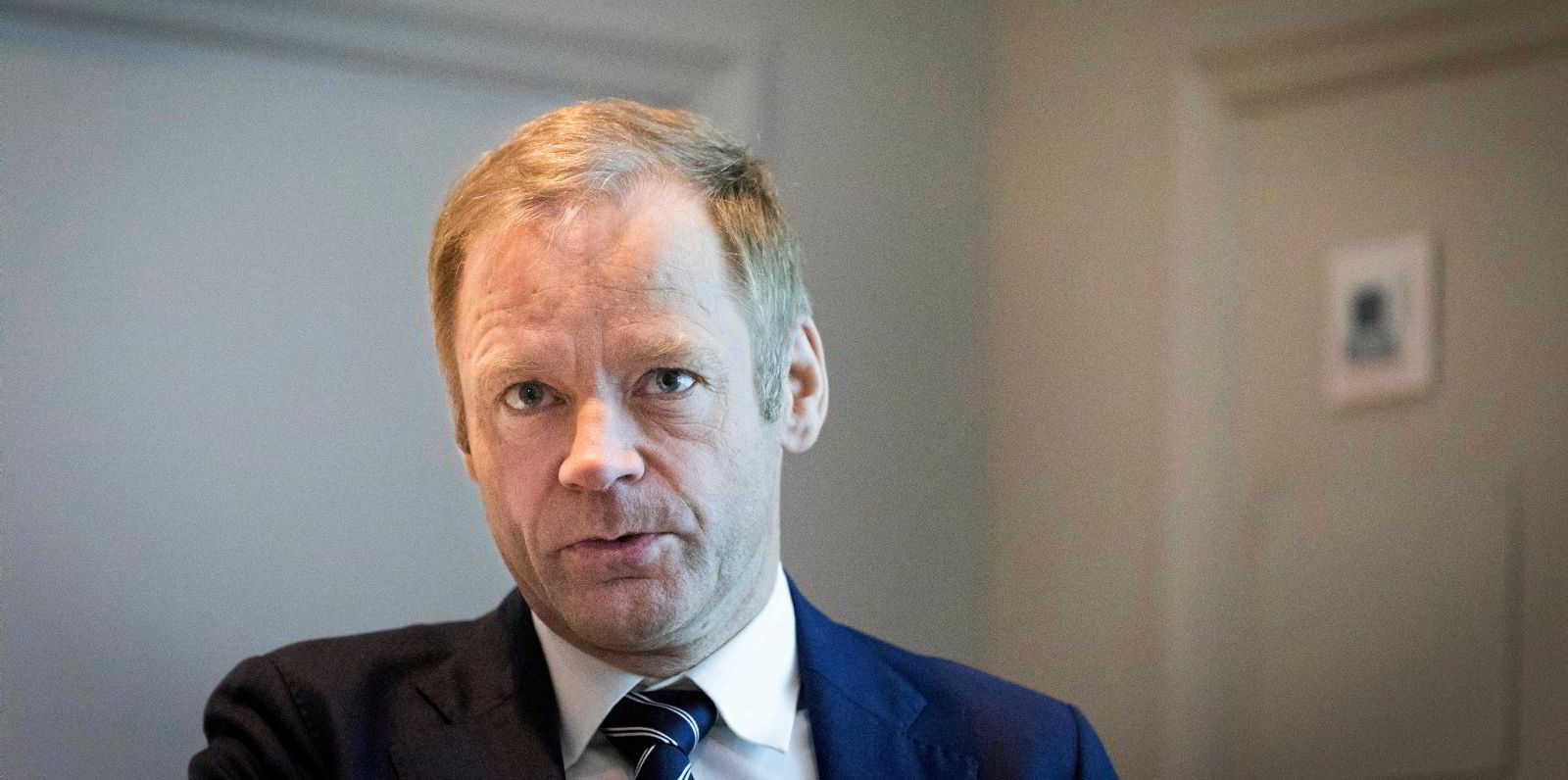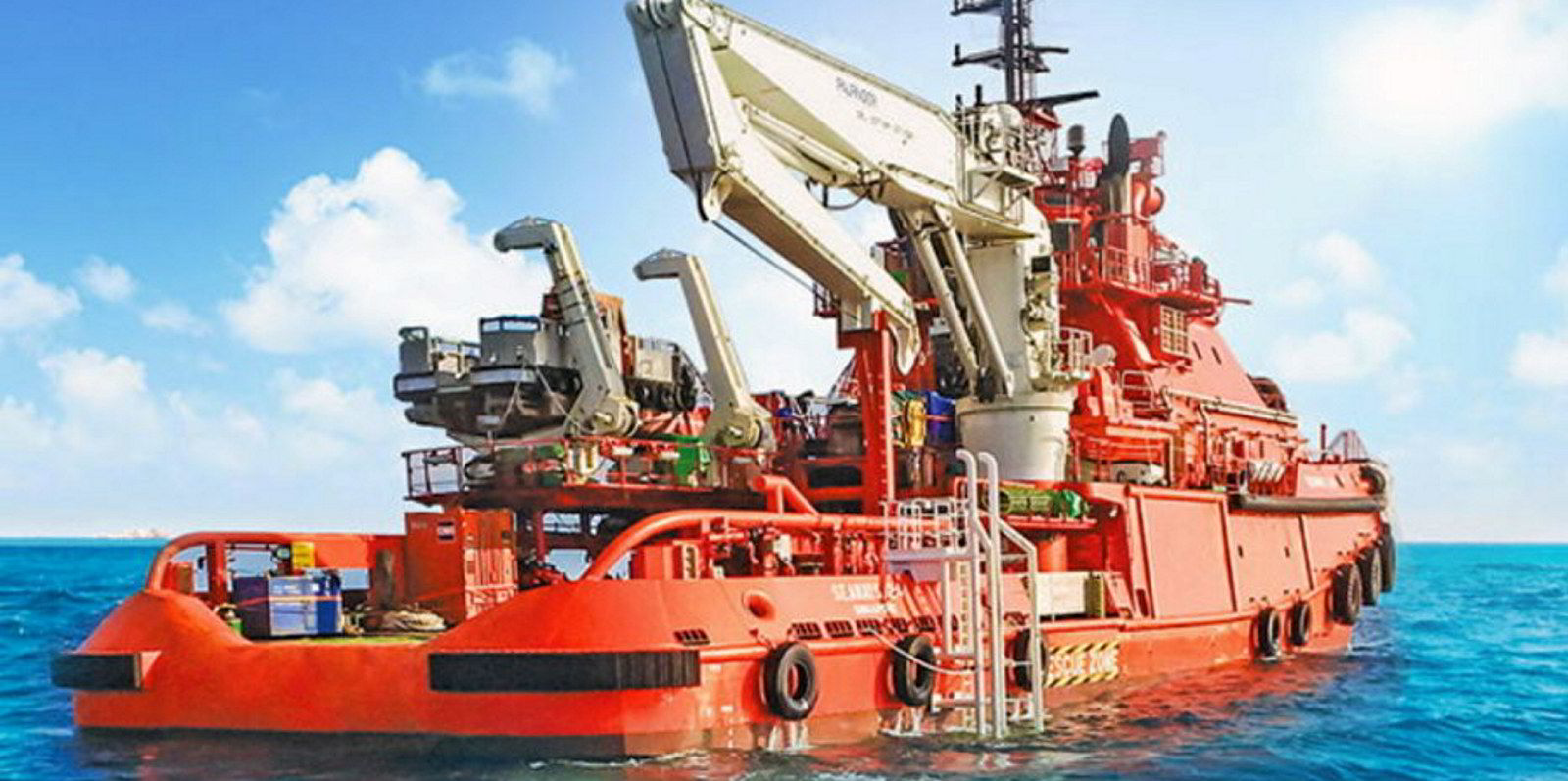Norway’s Solstad Offshore is hopeful of a better year as activity increases, while longer-term investments in offshore energy could rise.
The Oslo-listed offshore support vessel (OSV) owner logged a lower net loss of NOK 231.98m ($24m) in a seasonally quieter first quarter, from NOK 310.34m in the same period a year ago.
Revenue was NOK 1.24bn against NOK 1.33bn in 2021.
Chief executive Lars Peder Solstad said January and February saw bad weather in the North Sea, which meant practically no rig moves were completed.
The company took the opportunity to carry out a large number of dry dockings and mobilisations, “to be optimally prepared for a year where we have high expectations [of] the activity level in the offshore energy markets,” he added.
From March, there was a significant increase in revenue, the CEO said.
Solstad has now completed the sale of 36 non-strategic vessels following its 2020 financial restructuring.
Three other ships have been reactivated from lay-up.
This leaves an active fleet of 80 units, plus another nine that over time will either be activated or sold, as the market and ship values continue to improve.
Longer-term Solstad said: “Due to the war, European energy security has become a main subject, and it is not unlikely that investments in offshore energy will increase considerably going forward in order to reduce dependency of Russian oil and gas supplies.”
Ukrainian crew situation being managed
The order intake in the first quarter was very positive, with NOK 2.6bn of contracts signed.
“The demand for our services will continue to increase, while the supply side is quite stable,” the CEO added.
The company is present in Ukraine through an office that manages crewing services and employs about 300 Ukrainian seafarers.
None of the company’s vessels has been forced to go off-hire due to the situation, but there is a risk that crew changes and crew availability will be challenging as long as the war persists, Solstad said.
“There is significant uncertainty about how the invasion and the following sanctions will impact the energy sector and we expect this will result in a volatile market going forward,” the company added.






